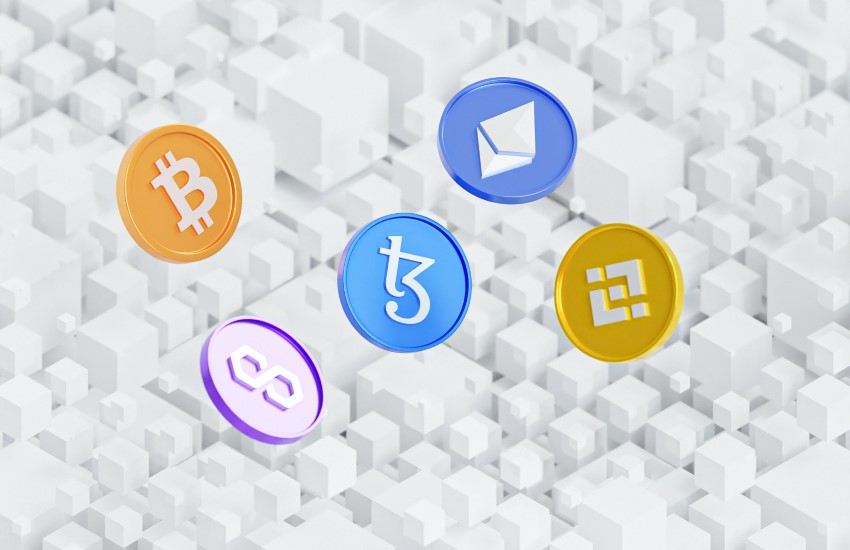Also known as DEXs, decentralized exchanges are becoming increasingly popular in the cryptocurrency world. As the name suggests, these exchanges operate on a decentralized network rather than being controlled by a central authority. This means that users have full control over their funds and transactions without relying on a third-party intermediary.
While traditional centralized exchanges have proven to be convenient for buying and selling cryptocurrencies, they also come with certain risks. Let’s explore why decentralized exchanges are gaining traction and the importance they hold in a centralized world.
Control Over Funds
One of the main advantages of DEXs is that they provide users with greater security and control over their funds. In a centralized exchange, users must trust the platform to safely store their digital assets. However, this also makes them vulnerable to hacks and thefts, as seen in numerous high-profile cases.
On the other hand, decentralized exchanges use a peer-to-peer network where users’ funds are not held by a central authority. Instead, they are stored on the blockchain and controlled by private keys that only the user has access to. This greatly reduces the risk of hacking and theft, giving users peace of mind knowing their funds are safe. Although some hacks are still possible on DEXs, they are a result of a bug in the code rather than a central point of vulnerability.
Censorship Resistance
Another key advantage of decentralized exchanges is their ability to resist censorship. Centralized exchanges are often subject to government regulations and can be forced to comply with restrictions or shutdowns. This leaves users at
the mercy of these authorities, unable to access their funds or make transactions.
In contrast, DEXs operate on a decentralized network, making them difficult to shut down or control. As long as the blockchain is running, users can continue to trade and access their funds without any interference from outside entities.
Greater Privacy
Privacy is a growing concern for individuals in the digital age, especially when it comes to financial transactions. Centralized exchanges require users to provide personal information such as name, address, and social security number
to comply with know-your-customer (KYC) and anti-money laundering (AML) regulations. This information can be vulnerable to data breaches or misuse by the exchange itself.
Decentralized exchanges do not require any personal information from users. Transactions are conducted anonymously through smart contracts on the blockchain, providing a greater level of privacy and security for users.
Best Way To Manage Your Crypto Assets
Whether you go down the centralized or decentralized route, it’s important to have a secure way to manage your crypto assets. This includes storing and transferring funds, as well as keeping track of your portfolio. Moonrig.io serves as the best crypto portfolio management software as it empowers users to get instant crypto alerts. This means you can monitor crypto in real-time while being able to visualize your crypto investment portfolio.












